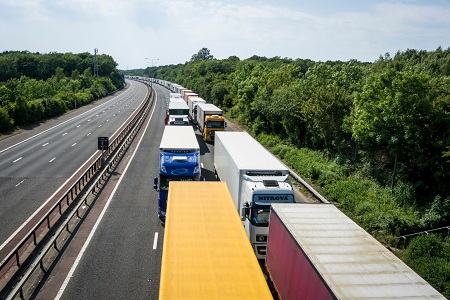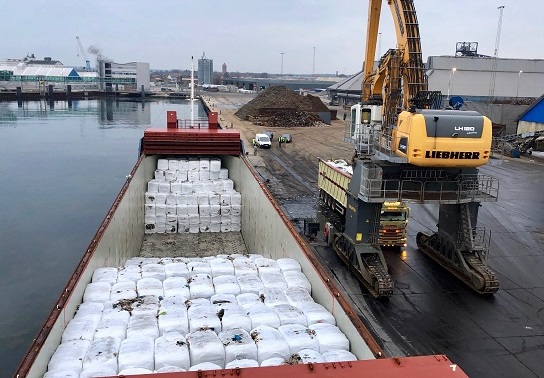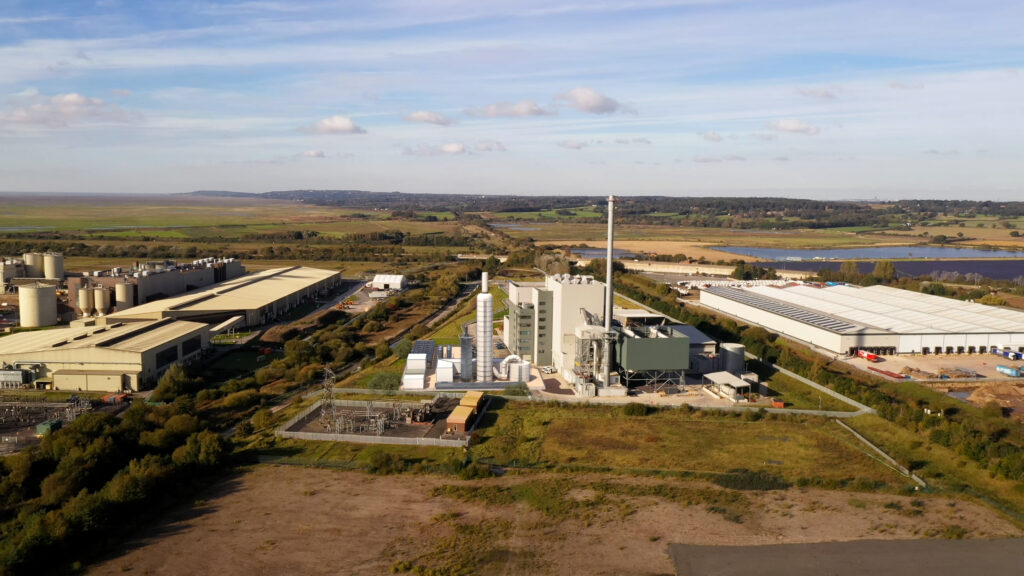The meeting is expected to focus on the legal framework with presentations from Defra, HM Customs and the Environment Agency as well as practical issues, such as delays at ports.

General concerns over exports have included securing TFS notifications, customs checks, and the general traffic congestion caused by hold-ups at ports.
Planning
The meeting comes amid calls from the refuse derived fuel (RDF) sector for the Government to ramp up its planning in case the UK leaves the European Union without a deal on the 29 March.
In the UK some waste management companies are understood to be ready to utilise landfills for any RDF which faced significant delays. Costs for landfill generally remain unchanged, however, although there might be pressure on prices in some parts of the country should large volumes of RDF for landfill materialise.
Setting out the concerns of the sector, Robert Corijn, chair of the RDF Industry Group and from Attero, said: “It is imperative that the UK government rapidly ramps up their no-deal planning to ensure that there is no interruption to the export of RDF.”
The meeting also follows work carried out by the Environment Agency to establish the level of preparedness of the sector. It is understood that waste companies and trade associations have been asked about their contingency plans for when the UK leaves the EU.
A spokesperson for the Defra confirmed today that the meeting is taking place, and added that it is “part of ongoing work to engage with industry ahead of Brexit.”
TFS notifications
The Department also told letsrecycle.com that so far eleven EU member states have agreed to the continuity of waste shipments in the event of a no-deal Brexit.
But, according to Harriet Parke, secretariat of the RDF Industry Group, Defra is still waiting for more competent authorities in Europe to accept an amendment on TFS (transfrontier of shipment) notifications.
The Defra spokesperson said: “We are confident of reaching agreement with the remaining member states, and therefore confident that a no-deal Brexit will have no impact on the continued of the UK’s RDF exports and other notified was shipments which have already being consented.”
The amendment to the International Waste Shipment Regulations will enable the continued use of TFS notifications following the UK’s withdrawal from the European Union.
Ms Parke explained that there is a “risk” that if competent authorities do not agree to accept there could be a 3-6 month delay to resubmit for TFS permits to be updated.
This could potentially leave material “stuck at different points” in the supply chain, which may lead to issues with storage, stockpiling, and some of this material is likely to be diverted to landfill, she suggested.
“Whilst notification position seems to be progressing, how customs will ensure no delays is still completely unclear.”
Harriet Parke
RDF Industry Group
“However, whilst notification position seems to be progressing, how customs will ensure no delays is still completely unclear,” she added.
In 2017, around 3.2 million tonnes of RDF were exported from England alone. Provisional figures suggest that exports for 2018 and 2019 will remain similar.
‘Disaster’
One sector expert said that if the competent authorities did not agree to update the TFS notifications it would be a “disaster”.
He said the plants in Europe are concerned and will be building up their stocks now in case no deal is reached – this will result in more RDF being sent to landfill here. “Big companies with local authority contracts will have to stockpile,” but, he explained “most would send to landfill”.
And, he expressed concerns that many RDF exports are carried out on a back-haul basis, but less European trucks are expected to be travelling to the UK after March 29.
Despite the concerns amongst some in the industry, one RDF exporter told letsrecycle.com, he expected the TFS notifications to be accepted by authorities in Europe.
“We hope it is relatively seamless,” he said. “The EA have been proactive in securing the TFSs.”
And, the export of RDF is very important to Continental plants. While waste can be moved around, the countries generally speaking will be keen to take in the RDF as it is needed for their energy from waste facilities.
Geminor
Meanwhile, Norwegian recycling firm Geminor has sent a test shipment of RDF from Italy to Denmark, in light of the “uncertainties” surrounding Brexit.

According to Geminor, the shipment, consisting of two 369 tonnes of sorted household waste RDF from Naples, is the “first ever” waste fuels export from Italy to the Scandinavian market.
The company says that until now, countries surrounding the Mediterranean has not been a priority for Geminor. However, in a “constantly changing market,” the firm says it is important to consider and test several alternative suppliers outside northern Europe.
“With Brexit coming there are uncertainties regarding the future flow of RDF,” said Ralf Schöpwinkel at Geminor. “At present the Italians have a big surplus of household waste, and the nearest off-takers are currently found in the Nordics. That makes Italy a market we will continue to develop in the future.”
Related links
Briefing note











Subscribe for free